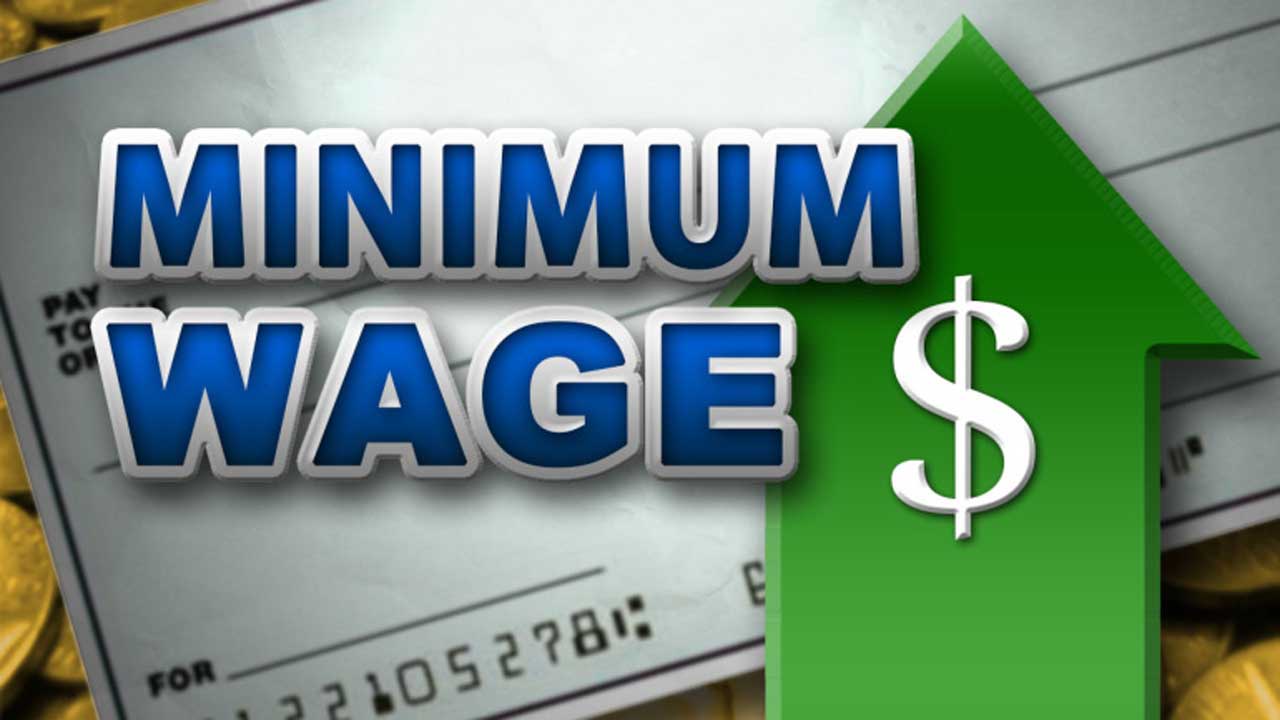The Nigerian Federal Government has revealed plans for a significant 60% increase in personnel costs for 2025, driven by the implementation of the new N70,000 minimum wage approved in July 2024. This move will raise the expenditure from N4.1 trillion in 2024 to an estimated N6.56 trillion, according to the 2025-2027 Medium Term Expenditure Framework and Fiscal Strategy Paper. The report, approved by the Federal Executive Council, indicates that while federal workers are already receiving the new wage, adoption across states varies, with over 20 states complying so far. The Nigerian Labour Congress has given non-compliant states until December 1, 2024, to meet the new wage standard.
The government also outlined that N9.64 trillion has been allocated for 2025 personnel and pension costs, marking a 58.7% increase over the previous year. This includes adjustments for employee and employer contributions to pensions and health insurance. Due to these increased expenses and rising debt costs, the budget deficit is projected to reach N13.08 trillion, or 3.87% of the GDP, in 2025. This deficit, expected to be financed primarily through domestic borrowing, underscores the government’s effort to align spending with available financial resources while managing economic challenges.








